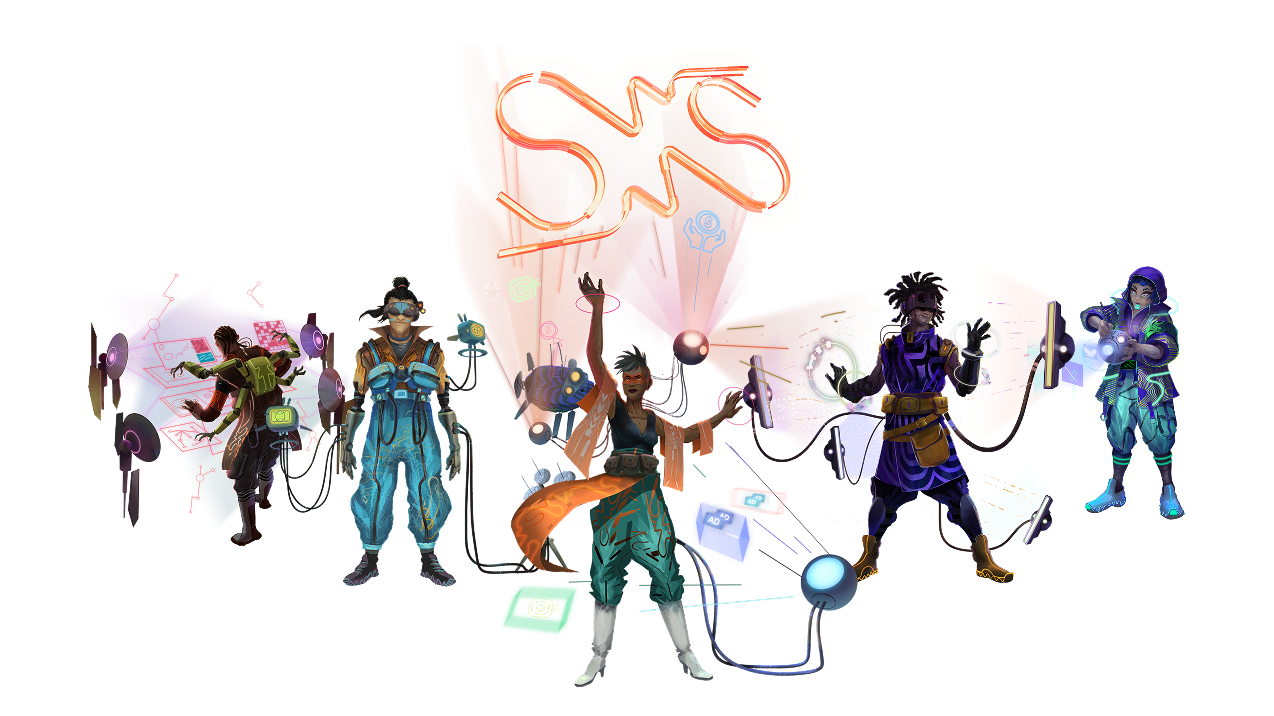Understanding Developer Marketing: Strategies and Best Practices


Developer marketing is an increasingly vital area in the tech industry, primarily focusing on promoting products or services to developers. Unlike traditional marketing, which targets a broad consumer base, developer marketing requires a deep understanding of the developer community's unique needs, values, and communication styles. This article explores what developer marketing entails and outlines effective strategies for successfully engaging with this specialized audience.
What is Developer Marketing?
Developer marketing is a niche form of marketing that targets software developers and IT professionals. It's not just about selling a product but about creating a community and environment where developers feel supported, understood, and valued.
The Unique Audience
Developers are a unique demographic. They are highly knowledgeable, skeptical of overt marketing, and value efficiency, innovation, and technical excellence. They prefer fact-based, no-frills communication that respects their intelligence and time.
How to Do Developer Marketing: Key Strategies
- Content Marketing: Educational and Technical Content
- Blogs and Articles: Provide deep-dive technical content, tutorials, and best practices.
- Webinars and Online Courses: Host educational sessions that add value to their professional lives.
- Documentation and Guides: Offer comprehensive, easy-to-navigate, and up-to-date documentation.
- Community Engagement and Building
- Forums and Q&A Sites: Actively engage in technical forums and Q&A sites like Stack Overflow.
- Open Source Contributions: Support or initiate open-source projects.
- Meetups and Conferences: Sponsor or participate in industry events and meetups.
- Social Media and Networking
- Developer-Centric Platforms: Focus on platforms frequented by developers, like GitHub or Reddit.
- Networking: Create opportunities for peer-to-peer networking and knowledge exchange.
- Influencer Partnerships: Collaborate with respected voices in the developer community.
- Product Trials and Freemium Models
- Free Trials or Freemium Services: Let developers experience your product firsthand.
- API Access: Provide developers with API access to encourage innovation using your product.
- Sandbox Environments: Offer a safe space for developers to test and experiment.
- Feedback Loops and Co-Creation
- Surveys and Feedback Sessions: Regularly solicit feedback to improve products.
- Beta Testing Programs: Involve developers in beta testing to refine new features.
- Idea Incubation Platforms: Allow developers to submit and vote on new feature ideas.
- Targeted Advertising and SEO
- Developer-Focused Keywords: Optimize content with technical keywords and phrases.
- Platform-Specific Advertising: Advertise on platforms popular with developers.
- SEO for Technical Content: Ensure that your technical content is easily discoverable.
- Case Studies and Success Stories
- Real-World Applications: Showcase how your product solves real-world technical problems.
- Developer Testimonials: Share stories and experiences from developers who have benefited from your product.
- Industry Specific Solutions: Highlight use cases relevant to specific industries or technologies.
Conclusion: The Art of Developer Marketing
Developer marketing is a nuanced and sophisticated discipline that requires an in-depth understanding of the developer psyche. It's about fostering trust, providing value, and building a community. By implementing these strategies, companies can effectively engage with developers, not just as customers, but as collaborators and innovators in the tech world. Successful developer marketing leads to a loyal, engaged user base that not only uses but also advocates for your product.
Find a B2B SaaS Expert
We've collected a directory of B2B SaaS experts and agencies that we've reviewed and categorised based on service and specialism for your review.








